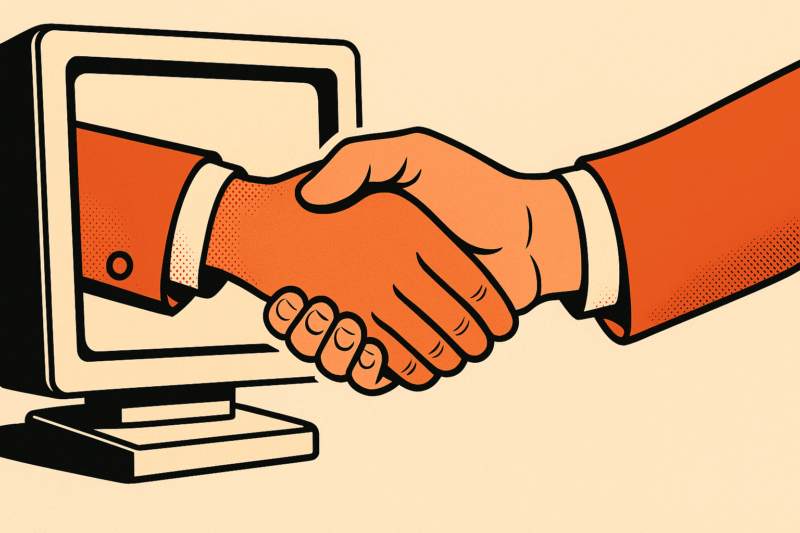
"Technology can earn confidence, but only people earn trust. Performance might win the first deal - relationships win the next ten. In a remote-first world, B2B leaders can't rely on proximity to build credibility. They need stories that connect performance to purpose - and people to people. The two kinds of trust There are two types of trust in B2B: Short-term: You trust a technology or a machine."
"Before business went remote, trust was earned in person. You'd travel, be there physically, take a walk between meetings, grab coffee, talk about family and trade ideas for solving a thorny problem. Those moments told a story - that you were there to work tirelessly for your client's success. You might work for another company, but the client understood they were your priority."
"A CEO once told me that the greatest benefit of doing business with a supplier was their salesman. "He's part of our team," he said. "Part of our team" is a gift only the client can give. The question now is: how do you become part of your customer's team when everyone's at home staring at a screen? Storytelling helps bridge that distance. When you tell a story where the customer is the hero, you humanize your message and align it with their success."
Two distinct forms of B2B trust exist: short-term confidence in technology driven by performance and efficiency, and long-term trust in partners rooted in human interaction and responsibility. Remote-first business erodes proximity-based credibility and removes informal, in-person rituals that demonstrated commitment. Salespeople who become perceived as part of a client's team convert transactions into enduring partnerships. Storytelling that positions the customer as the hero humanizes offerings, ties performance to purpose, and communicates intelligence, transparency, and commitment. Effective stories can make complex data digestible and bridge the distance created by remote work. Building future value requires prioritizing people-to-people relationships, not just product performance.
Read at MarTech
Unable to calculate read time
Collection
[
|
...
]